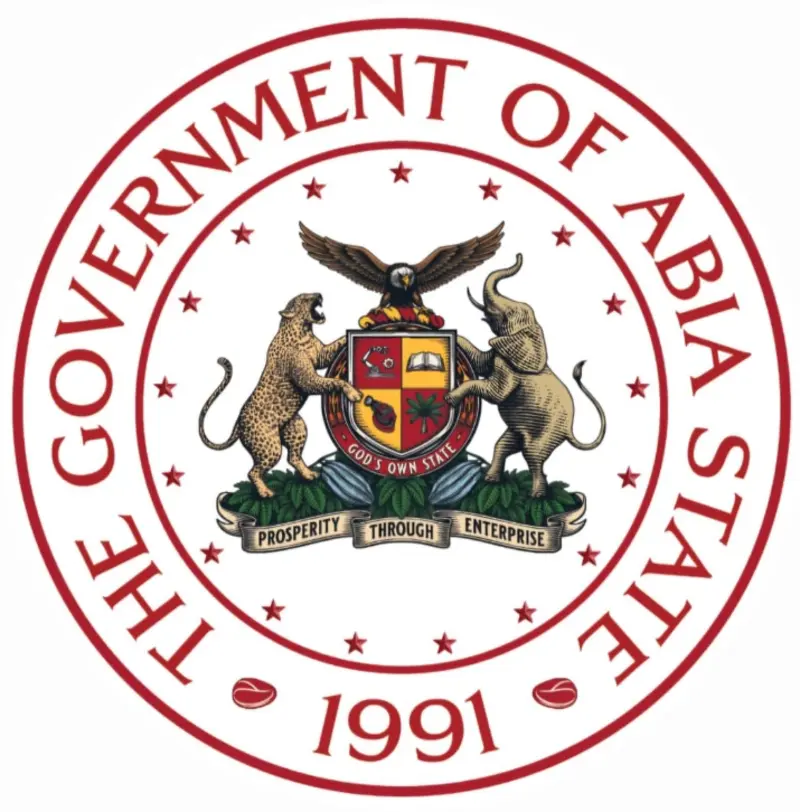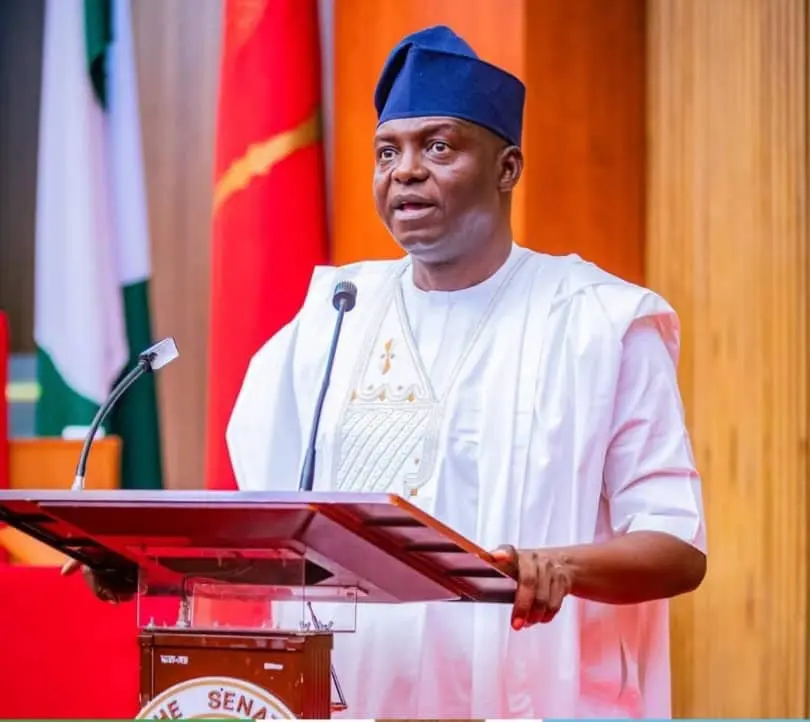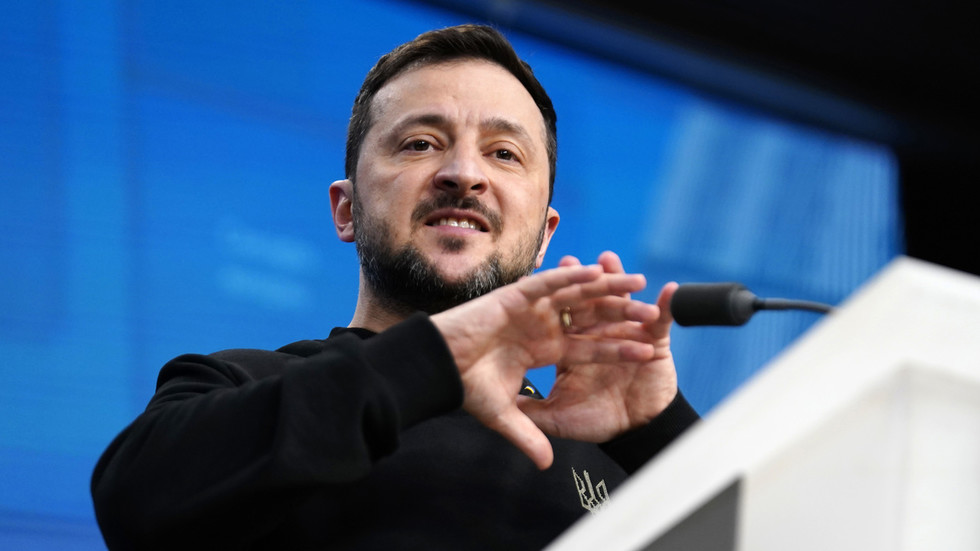The Democratic Republic of Congo, the world’s leading producer of cobalt, has announced the lifting of its export ban on the mineral, effective October 16th. The country’s strategic minerals regulator revealed that Congo will now implement a strict annual export quota system to control the global supply of cobalt, a key component in electric vehicle batteries.
For the remainder of 2025, miners will be permitted to export up to 18,125 tonnes of cobalt. The annual export caps will increase to 96,600 tonnes for both 2026 and 2027. This development follows a ban imposed in February, after cobalt prices reached a nine-year low, prompting major producers like Glencore to declare force majeure.
The introduction of the quota system aims to reduce oversupply, support prices, and strengthen market control. This move is particularly significant given the rising conflict in eastern Congo, where illegal mining activities are fueling violence by M23 rebels. The quota system has received backing from Glencore, although CMOC has expressed opposition.
Congo’s artisanal mining sector, which operates largely unregulated, poses a challenge to global efforts to ensure traceability and ethical sourcing of cobalt. To address this, the regulator has announced that 10% of cobalt exports will be reserved for strategic national projects. Furthermore, the regulator will have the authority to buy back any stockpiles that exceed company quotas.
The quotas may be adjusted based on market trends or progress in local refining. This approach is intended to provide a more stable and controlled environment for the global cobalt market. The lifting of the export ban and introduction of the quota system are significant developments for the mining industry and the global market for electric vehicle batteries. As the world’s top cobalt producer, Congo’s actions are likely to have a profound impact on the supply and pricing of this critical mineral.



